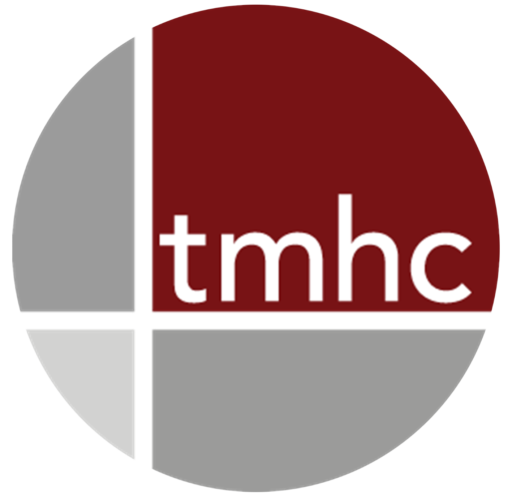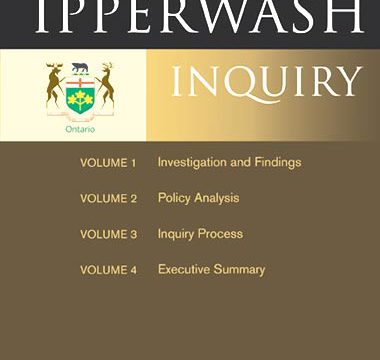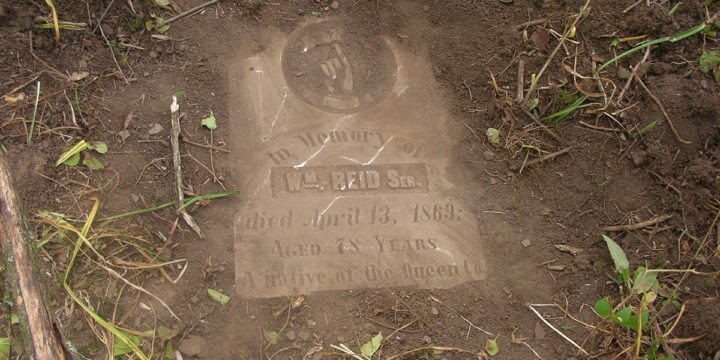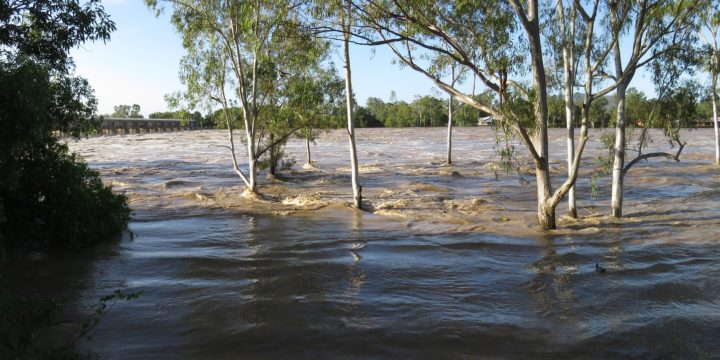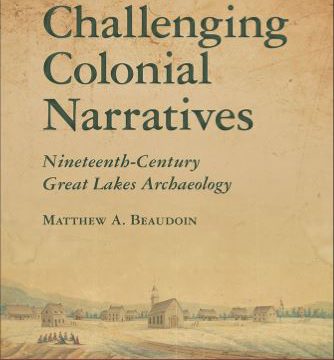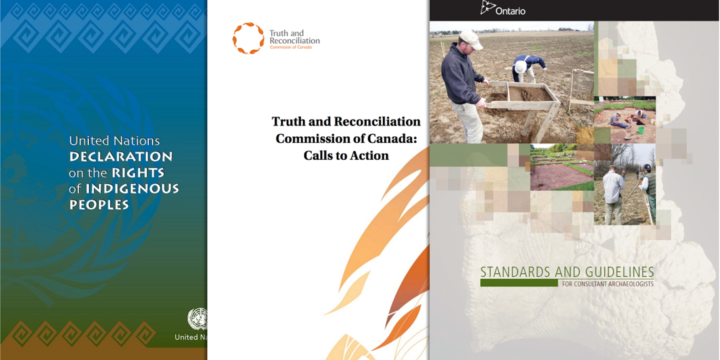
Indigenous Rights in the Discovery of Human Remains in Ontario II
Indigenous Rights in the Discovery of Human Remains in Ontario II As we wrote in part one of this blog last week, when replaced in 2002 the sections specific to the burial site process in the Cemeteries Act (Revised) only received cosmetic changes. The one substantive change incorporated into the burial site process was not in the legislation itself, but the associated regulation that specified that a professionally licensed archaeologist was required to complete a burial site investigation. The new legislation did not address several critical shortcomings: * A professionally licensed archaeologist and a provincial official (Registrar) decide without any consultation whether human remains represent a formal burial; * A provincial official without any consultation decides which Indigenous community(ies) will represent the Ancestor(s) discovered at a burial site; * In…
